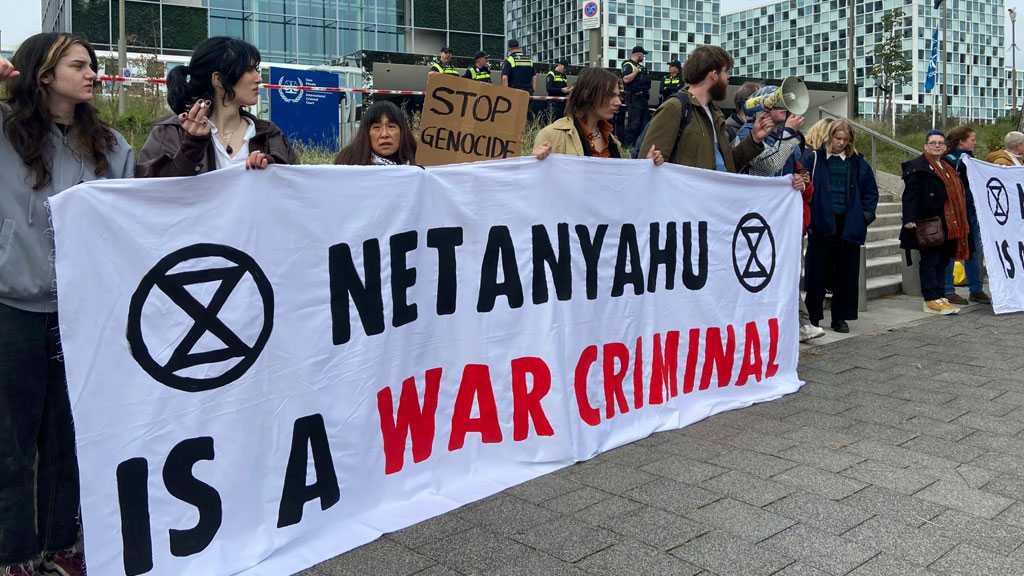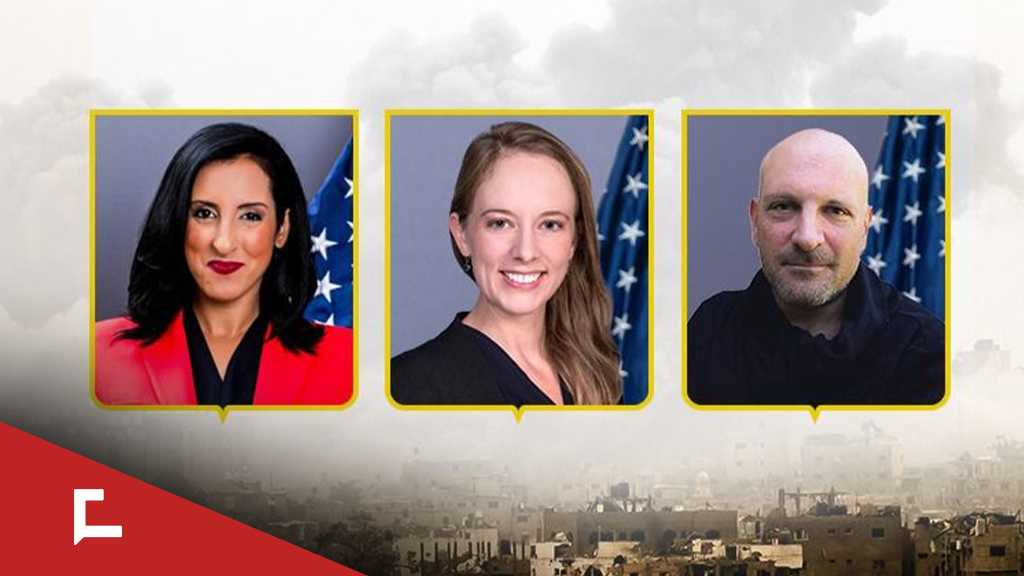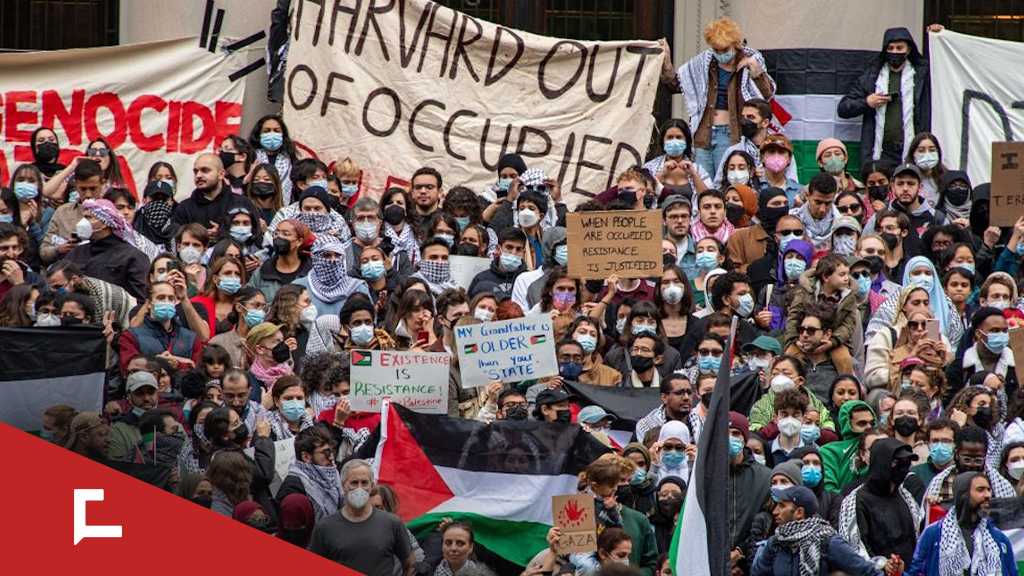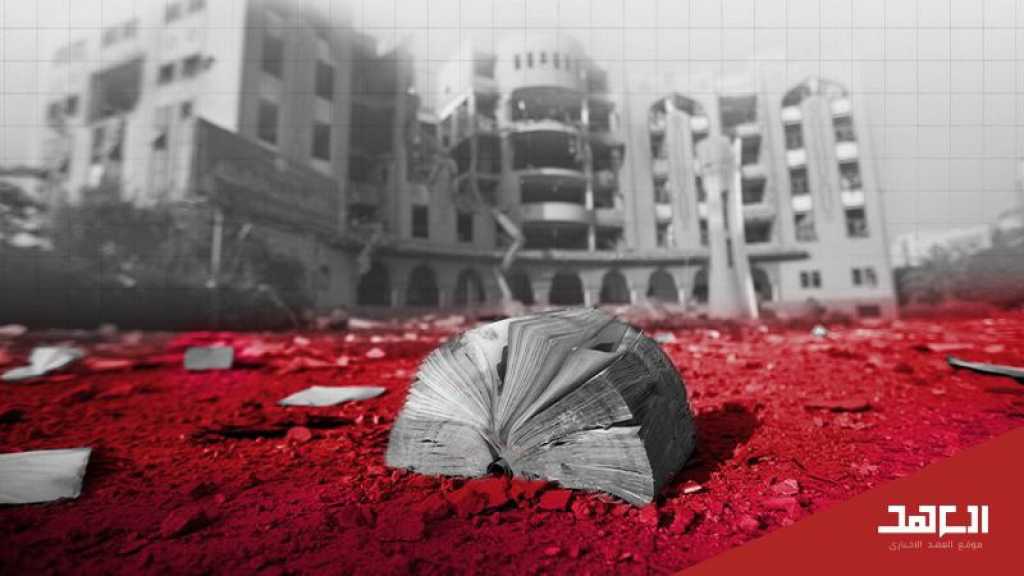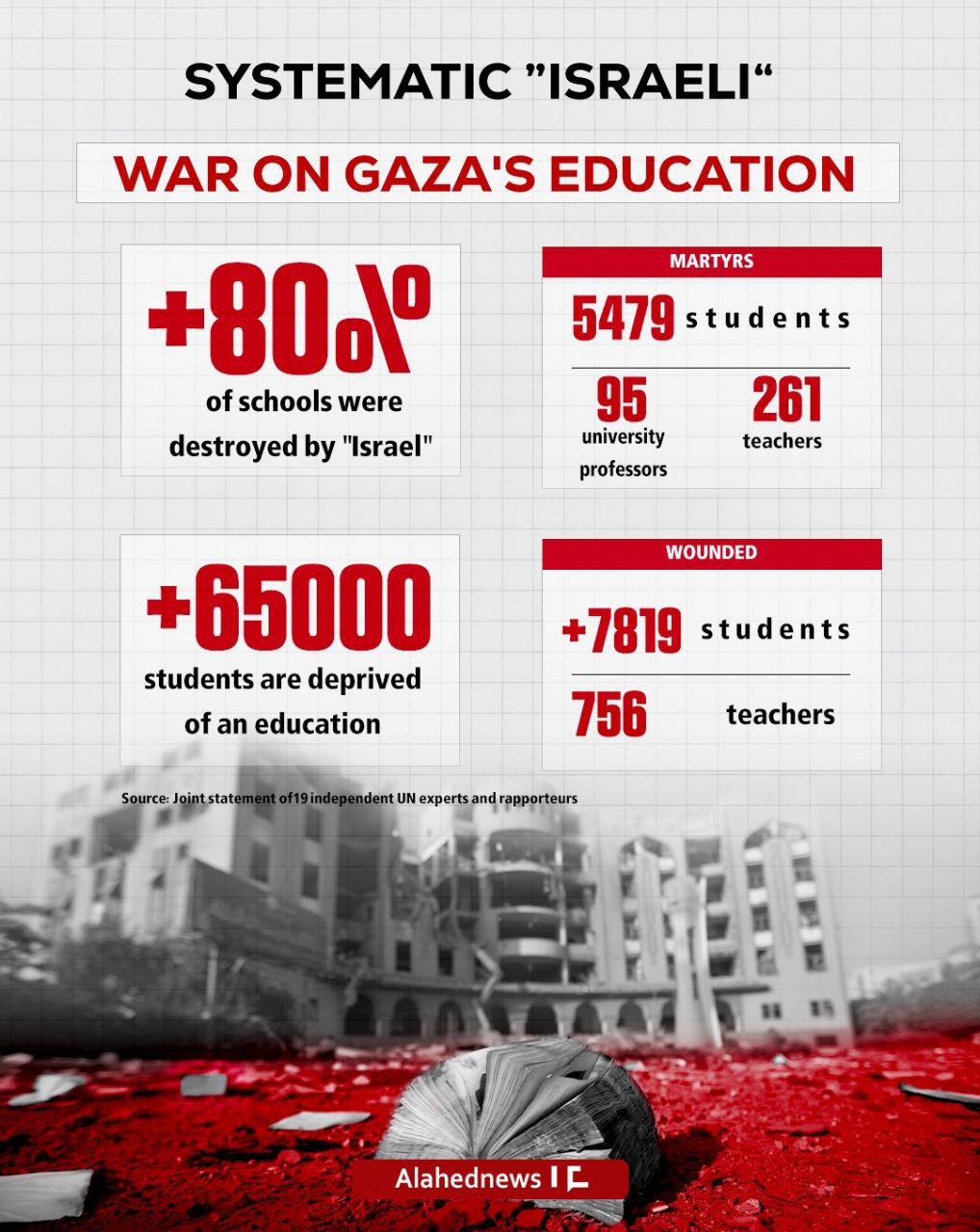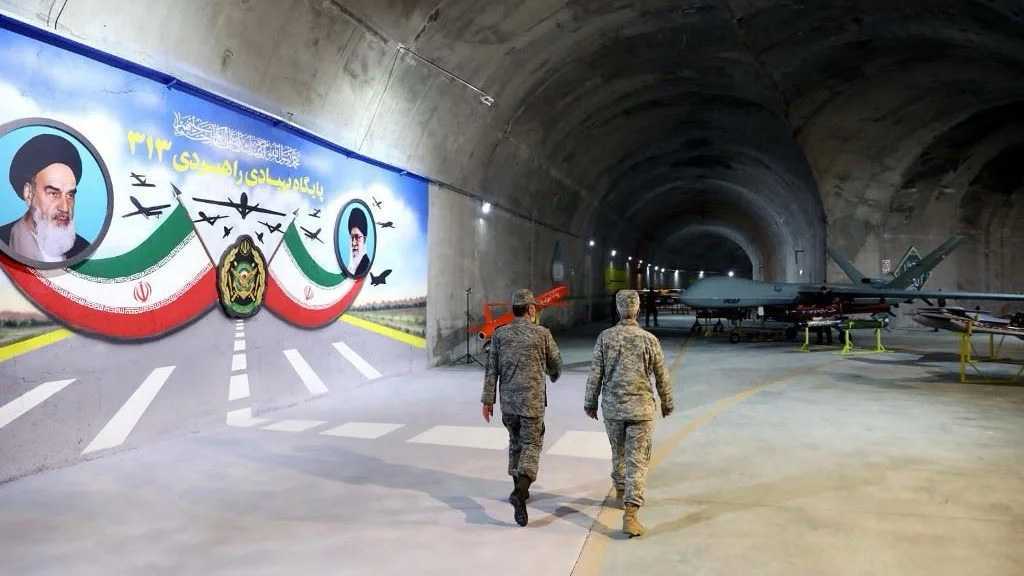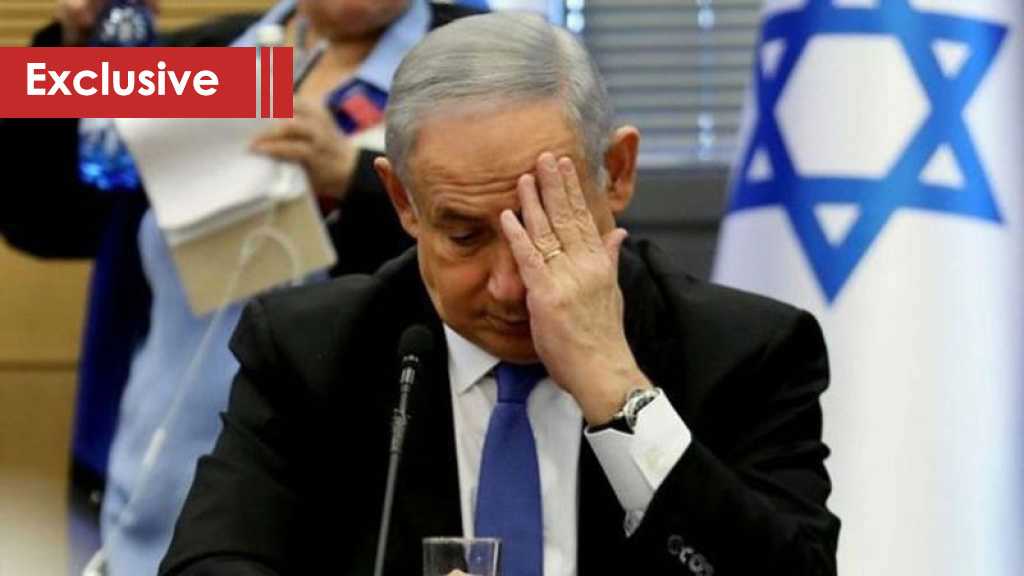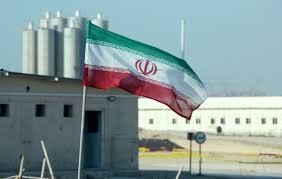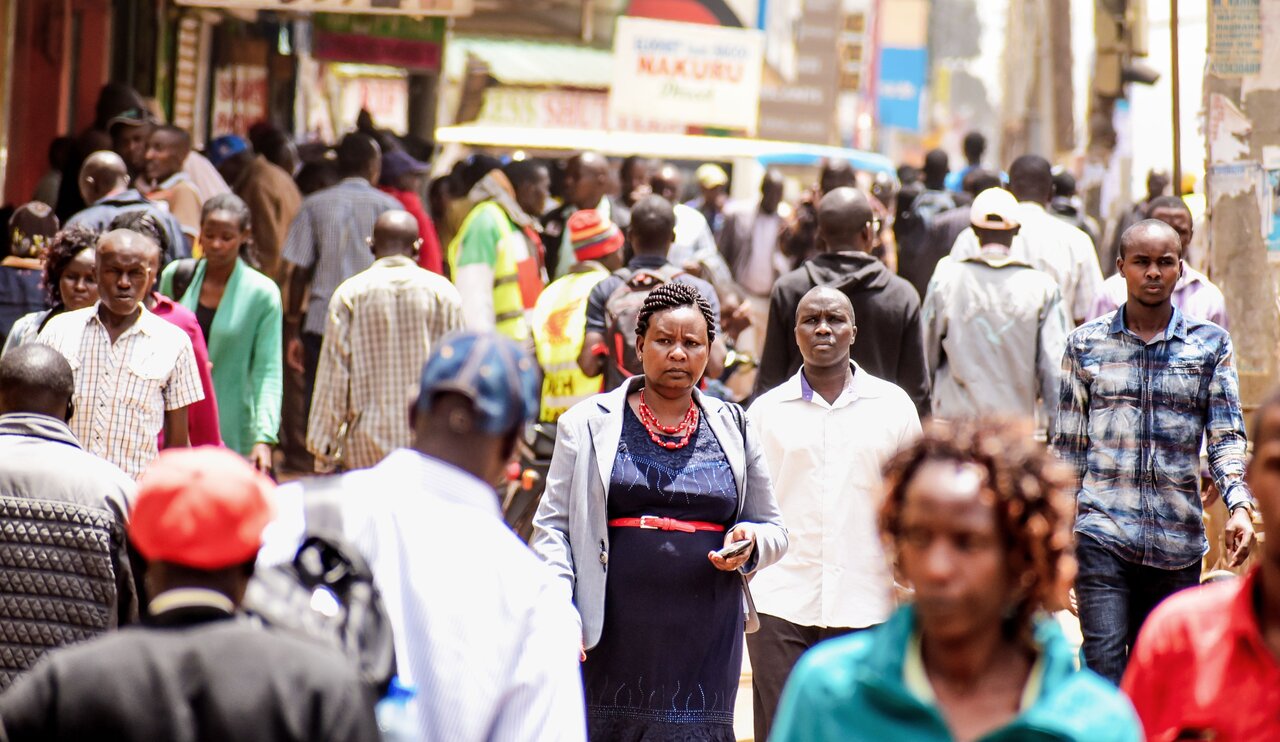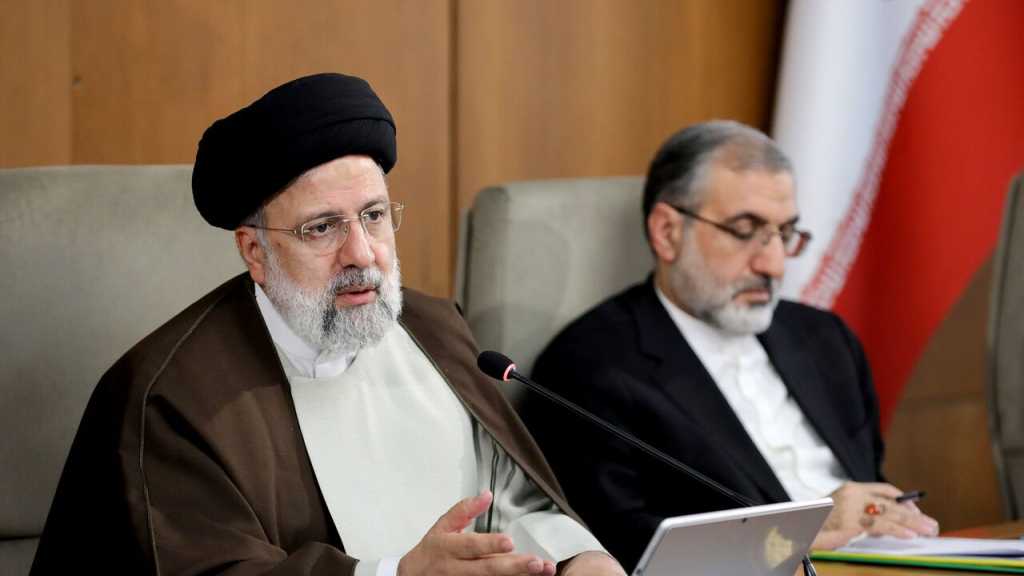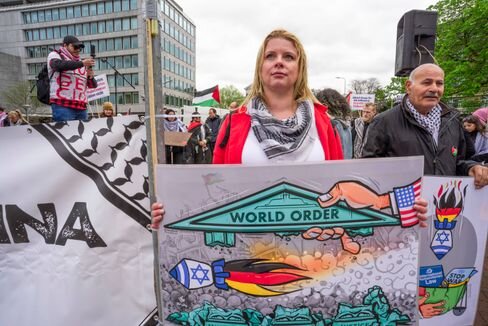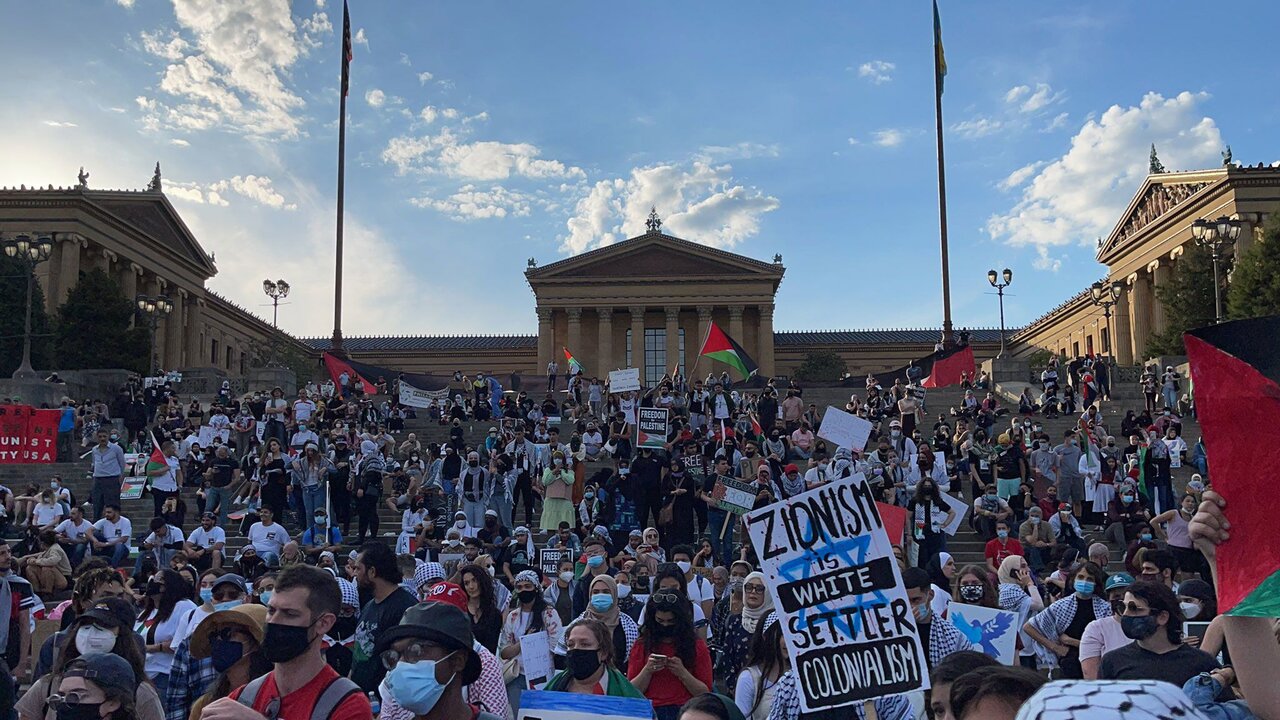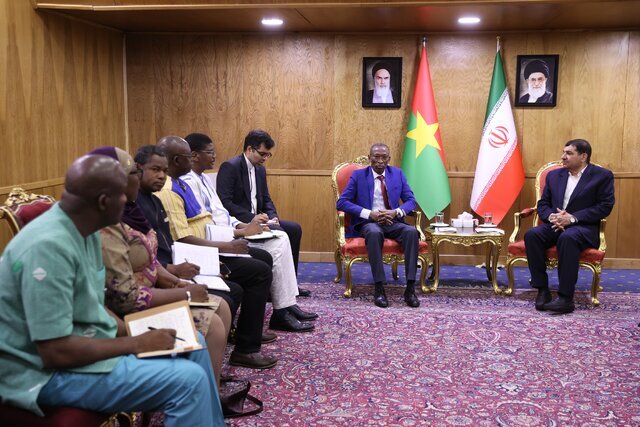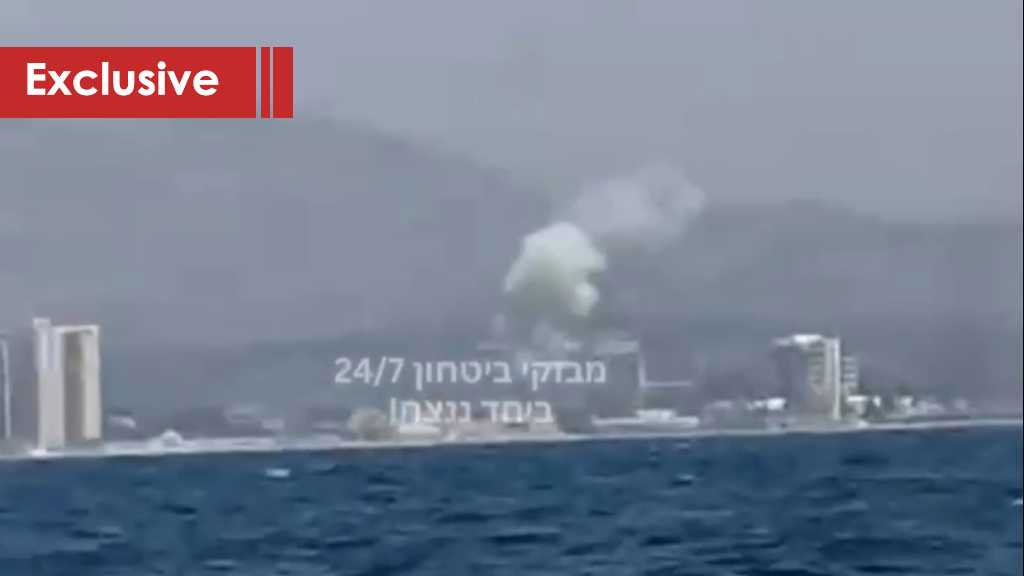The decisive Iranian response to the “Israeli” aggression on April 14 will forever be etched in history as a strategic turning point in the conflict against the “Israelis”. The date of the Iranian missile and drone attack joins October 7, which initiated the ongoing Al-Aqsa Flood Operation.
It's safe to say that whatever comes after these two dates will not be the same as the day before for many reasons and due to many consequences.
The first is that the “Israeli” entity, its government, and its premiere, Benjamin Netanyahu, are now faced with two critical options: the best of which is a catastrophe that will befall “Israel”, its ‘invincible’ society, institutions, and army.
The first option is launching an all-out war in the region, and the second is carrying out limited strikes equivalent to half a war on the northern fronts and the Gaza Strip.
Stopping the war is suicide
Tel Aviv’s refusal to adopt a peaceful option or stop the war, is motivated by the fact that any decline in the agenda of military and security operations or the continuation of the status quo will inevitably lead to an existential crisis that will primarily topple Netanyahu and his political and military pillars.
It will also create an internal tremor that may lead to the restructuring of the Zionist entity’s defining pillars.
This time, however, it will be according to realistic principles that consider the new data produced by the events of Palestine’s Al-Aqsa Flood and Iran’s True Promise.
We should not neglect the fundamental impact that the victories of the Islamic Resistance had over the enemy in all stages of the confrontation between July 1993 and the liberation in May 2000, all the way to July’s Truthful Promise in 2006.
An all-out war is suicide
In his current confusion, Netanyahu finds nothing but to lean towards one of the two options. He is playing Russian roulette in an effort to enlarge the circle of fire by igniting the region in a multi-faceted war. Perhaps in doing so he will reconstruct the elements of the crisis in a way that protects him and preserves his political presence as long as possible.
This is likely, especially since he is suffering from growing internal and external pressures, while placing hope on the American strategic embrace that is striving to protect “Israel,” the project in which Netanyahu holds the highest position.
However, adopting this option from an “Israeli” perspective means an official declaration of suicide and taking the entity towards a dark fate. “Israel is not built for multiple missions,” according Major General [Res.] in the “Israeli” army and former chief of the Ground Forces Command, Guy Tzur.
Tzur called for reflection on “the greatness of ‘Israel’ and its enormous power.” In his opinion, the “absolute victory” that Netanyahu spoke about is “just nonsense.”
An all-front war
Thinking rationality based on data and developments suggests that “Israel”, will not fight a single battle if Netanyahu adopts the option of an all-out suicide. Instead, “Israel” will take fire from all sides.
If he heads in this direction on the inevitability of luring the United States into a war, then the current experience in the course of the current confrontation indicates otherwise. The Americans were unable to prevent the Yemeni and Iraqi missiles from striking targets inside occupied Palestine and the Western alliance as a whole was unable to influence the decision of the Islamic Resistance in Lebanon in continuing to support the Palestinian resistance in Gaza by opening the northern front, which represents the greatest challenge to the enemy.
This alliance does dare support “Israel” in repelling the Iranian punishment except by forming an air protection dome from the missiles and drones that were distributed over the Golan and northern Palestine to its center and south in Beersheba and Eilat and hit their specific targets.
On the contrary, US President Joe Biden took the initiative to pressure Netanyahu to absorb the blow and be satisfied with a weak, childish response aimed at Isfahan and to convince himself that he has won! This was highlighted by the American press.
The hidden is more immense
The countries and parties of the axis announced, very clearly, that they support the Palestinian resistance and will continue to do so until they force “Israel” to stop the aggression against the Gaza Strip and achieve the goals of Operation Al-Aqsa Flood.
It also said that it is fully prepared to raise the level of the challenge in the event that Netanyahu and his war government recklessly decide on an all-out war.
The Zionist decision-making circles realize that the weapons and ammunition that the resistance axis has used, so far, are like an outer shell that hides the greatest capabilities that strike the temporary entity at its core and inflict on its enormous losses that it cannot bear.
However, Netanyahu finds himself stuck in his options. He sees his failures deepening without achieving any result other than demonstrating the strength of the axis of resistance in exchange for the American axis of evil’s withdrawal from involvement in the war.
Therefore, he may resort to the second option by launching field operations or small wars limited to their goals, places, and time, thus escaping from facing his internal political crisis and imposing new rules of engagement. However, this scenario, according to the Zionist planners, has proven to be a failure in the war on the besieged Gaza Strip, as the battles have not yet yielded any real achievements after more than six months.
The hammers of critical options
Res. General Yitzhak Brik, in the occupation army, confirms, “‘Israel’ must declare a cessation of the war in Gaza because it has already lost it.”
Dozens of suicide cases have been recorded among soldiers returning from battles. As for the north, Hezbollah has turned the area into a strip of settlements devoid of life for the first time since 1948, in parallel with daily targeting of vital military sites, while 40% of those displaced from the settlements independently consider the possibility of not returning, and half of the young people who were evacuated are suffering from loneliness and depression.
Can Netanyahu hold out on five open fronts, while he can barely hold out on one and a half fronts?! Which army will be able to protect settlements and posts from the barrage of missiles and drones that will be planted throughout occupied Palestine?! Who will deter the Islamic Resistance from crossing with its units and fighters into Galilee and beyond?!
As for the interior, despite his deaf ears, Netanyahu will not be able to look away from the demonstrations demanding an end to the war and the return of soldiers captured by Hamas.
Netanyahu is stuck between the hammers of critical options, and he does not want to admit defeat because it means that he shot himself in the head and not his feet. This recognition is not better than the war options because it would be tantamount to suicide, the repercussions of which would not stop at the personal level of the head of the most failed government in the history of the temporary entity. Rather, the repercussions would haunt “Israel”, which is now politically divided and lost its strategic direction with the fall of the Greater “Israel” project and the collapse of the theory of the promised land and a safe country. Thus, it has already begun the first stages of structural collapse.
